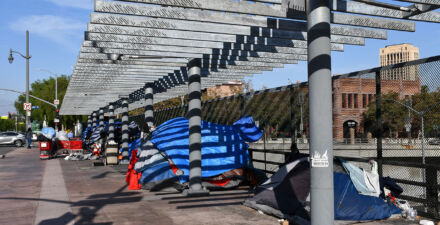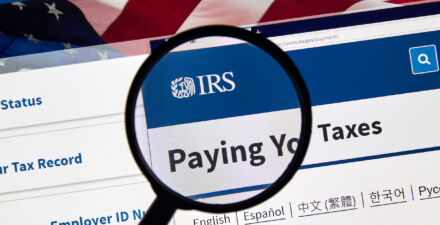Family income for those at the bottom of the U.S. economic distribution have barely budged over the past several decades, while those at the top have skyrocketed. Twelve percent of Americans live in poverty today, including nearly 10 million children. Equitable Growth is growing the evidence base for how rising inequality affects the economic wellbeing of those at the bottom of the economic ladder in order to support the creation of policies that provide both a safety net and a springboard to opportunity for the most disadvantaged among us.
Featured work
The economic impact of housing insecurity in the United States
December 8, 2022
December 8, 2022
In Conversation with Mark Rank
April 14, 2021
April 14, 2021
Income support programs boost earnings for low-wage workers by reducing household poverty in the United States
August 26, 2021
August 26, 2021
Newly released U.S. poverty statistics show that recent economic growth is not broadly shared
September 11, 2019
September 11, 2019
We can cut child poverty in the United States in half in 10 years
March 27, 2019
March 27, 2019
As the U.S. rural economy changes, social safety net programs buoy rural residents above the poverty line
February 1, 2019
February 1, 2019
Explore Content in Poverty140
A missed opportunity to expand the Child Tax Credit will affect U.S. families and the broader economy now and for years to come
December 21, 2022
December 21, 2022
The economic impact of housing insecurity in the United States
December 8, 2022
December 8, 2022
Including immigrants in the U.S. tax system is fiscally responsible and can boost economic growth by lifting the well-being of their families
November 10, 2022
November 10, 2022
Budget analyses of U.S. income support programs must incorporate long-term benefits for children
September 22, 2022
September 22, 2022
New research shows that 1 in 4 adults in the United States suffers from transportation insecurity
September 14, 2022
September 14, 2022
Low-Income Borrowers and Payday Lenders: A Qualitative Study
August 29, 2022
August 29, 2022
The inequitable consequences of ‘heat islands’ within the metropolitan areas of the United States and what to do about it
August 3, 2022
August 3, 2022
COVID-19 recession and ensuing economic recovery reveals why Unemployment Insurance fails to reach marginalized U.S. workers
July 13, 2022
July 13, 2022
Understanding Disparities in Unemployment Insurance Recipiency
July 13, 2022
July 13, 2022
New research documents the high cost of residential racial segregation in Northern cities of the United States
May 9, 2022
May 9, 2022
Money Matters: Consumption Volatility Across the Income Distribution
February 3, 2022
February 3, 2022
Explore the Equitable Growth network of experts around the country and get answers to today's most pressing questions!

















